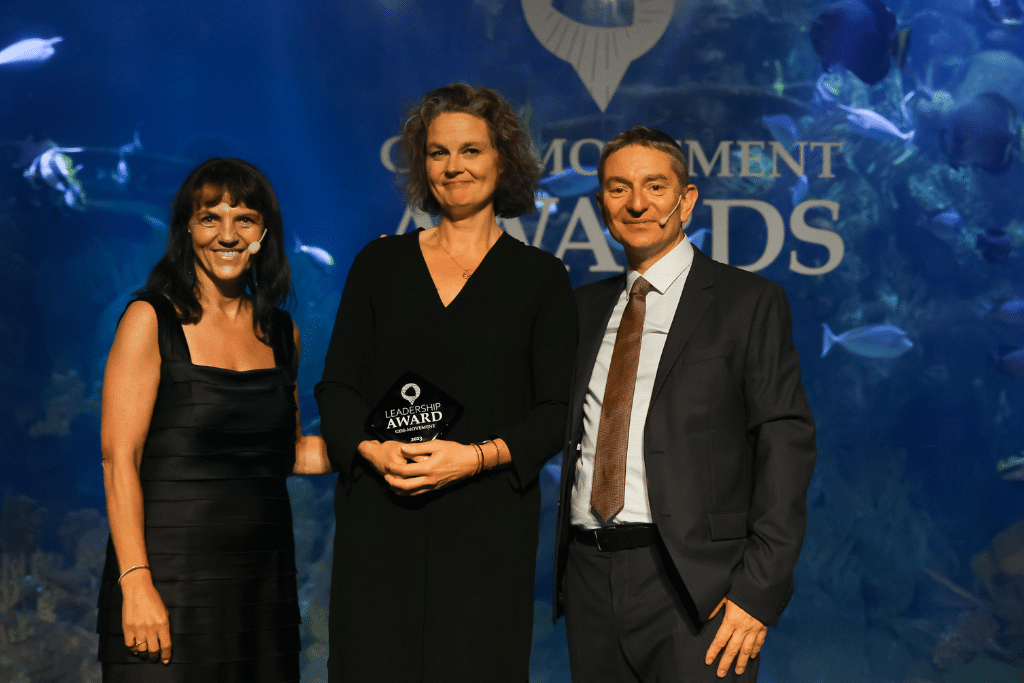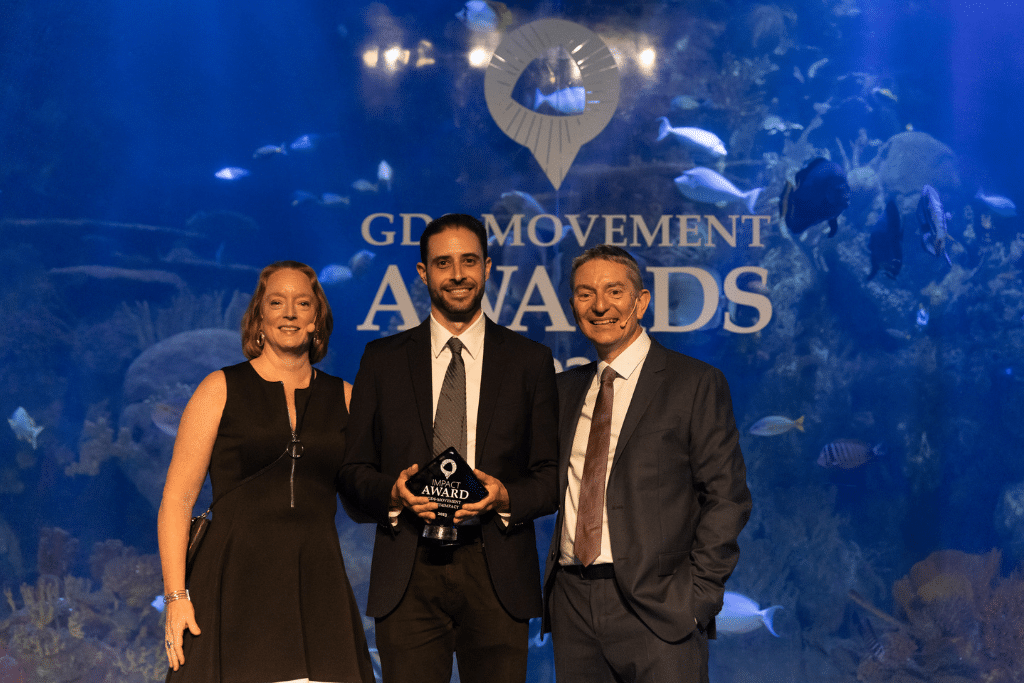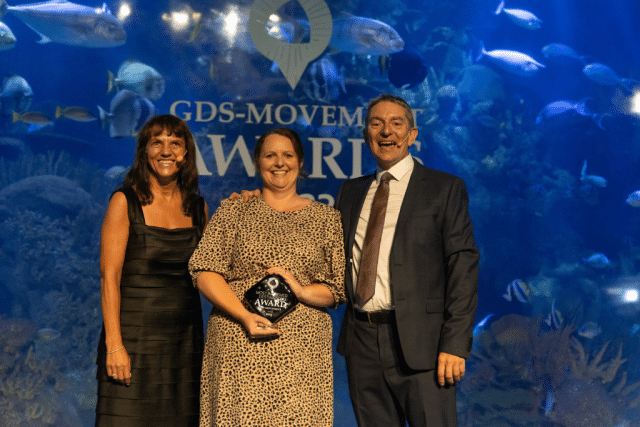The GDS-Index 2023 Results
This is the eighth year of benchmarking based on a revised and comprehensive set of criteria. One hundred destinations participated, and 42 new destinations from 11 countries joined for the first time. These newcomers have challenged the overall ranking, and, in some instances, brought nail-biting results within decimal points of one another.
Gothenburg tops the Global Destination Sustainability Index for the seventh time
With a remarkable score of 94.64%, Gothenburg, represented by Göteborg & Co, secured first place for the seventh time. They demonstrated their excellence across all criteria.

Oslo went up from tenth place to second because of its improved strategy and implementation. Copenhagen remained in third place, and Helsinki came in at fourth place, up from twelfth place in 2022. Eight of the top ten cities are in Nordic countries, up from seven in 2022.
Growth in other regions
Of the top 40, 17 cities were from Western Europe, one city from North America (Montreal), and seven cities from Asia Pacific (Goyang, Singapore, Songkhla, Melbourne, Sydney, Bangkok, and Brisbane). Singapore jumped 18 places to 17th position this year, delivering on its ambition to become a world-class leader in sustainable tourism and events.
Boost in newcomers
The 42 newcomers are predominantly from small- and medium-sized cities, collectively accounting for 22.4 million inhabitants. In contrast, the returning destinations encompass a substantial population of 74.4 million. This big jump in new destinations was propelled by the great work of VisitBritain and Destination Canada which respectively saw 12 new English and 20 new Canadian destinations join.

Observed trends include:
1. Increasing integration with climate strategies
85% of all cities have a climate mitigation and adaptation strategy.
2. Wider stakeholder engagement
55% of new destinations are engaging stakeholders in their strategies, whereas 95% of returning destinations already do.
3. Growing third-party certification
Venues are leading the change. In Nordic destinations, 84% of venues are certified, followed by 71% in Asia Pacific, 46% in Western Europe, and 14% in Eastern Europe.
4. Formalising social impact strategies
44% of cities are facilitating partnerships to help clients generate a long-term, positive impact and legacy in the destination.
5. Increasing focus on diversity, equity, and inclusion (DEI)
75% of cities in the top 40 have DEI policies and initiatives.
6. Greater storytelling
53% of destinations are talking about their sustainability efforts and strategies via their websites. Advanced destinations are getting better at telling stories that engage and move audiences.
The index data offer valuable insights into the sustainability performance of cities of varied sizes. Large cities comprise 37% of the index, and score the highest across all four categories, consistently.
To see the full results, visit www.gds.earth/2023-results.














